Originally posted by Jon`C:
I’m willing to blame executives for almost anything, but this is a case where I think it’s the developers who are 100% to blame. They’re more interested in making cool pp effects than doing their jobs. Not that I can blame them much, since otherwise there isn’t much of their jobs worth salvaging.
Graphics programmers really eat this stuff up because they have no taste (I’ve gotten into a heated argument with a AAA graphics programmer about HDR on this very forum). The rationale is literally that - it’s cool that we know how to do this, so let’s do it. It’s the same attitude that fueled coloured lighting and lens flares 1.0 in the 90s. Or sometimes they justify it by saying it’s more “cinematic”, because I guess that’s a look that a first person shooter ought to have - but truthfully I don’t think they put even that much thought into it. They’ve clearly never seen a movie if they think it’s cinematic, any more than they’ve ever been outside if they think their over saturated bloomed out bokeh riddled travesty is realistic to human vision. Lighting and materials designers like tone mapping too because it means they don’t need to work very hard. Tone mapping automatically patches holes in their work, even if the whole game looks awful as a result.
Graphics programmers really eat this stuff up because they have no taste (I’ve gotten into a heated argument with a AAA graphics programmer about HDR on this very forum). The rationale is literally that - it’s cool that we know how to do this, so let’s do it. It’s the same attitude that fueled coloured lighting and lens flares 1.0 in the 90s. Or sometimes they justify it by saying it’s more “cinematic”, because I guess that’s a look that a first person shooter ought to have - but truthfully I don’t think they put even that much thought into it. They’ve clearly never seen a movie if they think it’s cinematic, any more than they’ve ever been outside if they think their over saturated bloomed out bokeh riddled travesty is realistic to human vision. Lighting and materials designers like tone mapping too because it means they don’t need to work very hard. Tone mapping automatically patches holes in their work, even if the whole game looks awful as a result.
That's even more depressing somehow.
MGSV was actually pretty decent about PP - at times it's aggressive and they do a few annoying things, but default gameplay there's no over the top tone mapping or anything crazy going on filter or motion blur wise. Some person decided to make a video showing off how ****ty the game would look after some tone mapping:
I think that's partly why I put so much time into that game: it's far less of an eyesore than most damn games.
Originally posted by Jon`C:
Note that tone mapping in particular is meant to automatically simulate the careful hand work of a film editor. This perhaps suggests the very idea is a bad one, since film editing is all about taste, while tone mapping is all about the terms of a polynomial. Nintendo is just about the only game company that makes tasteful looking games anymore. Notably, they don’t use tone mapping for this exact reason: automatic tone mapping doesn’t look very good, and simultaneously gives you almost no control over the result.
Not surprised, Nintendo's games just <sometimes> suck for other reasons.

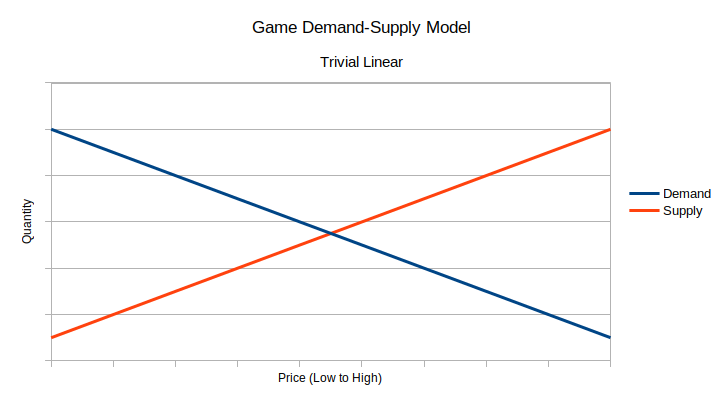
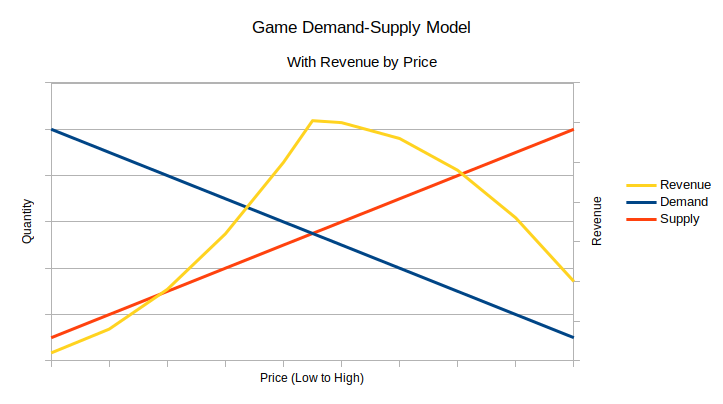
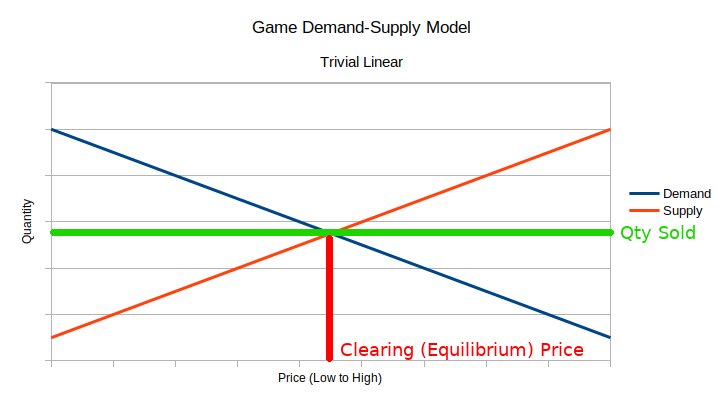
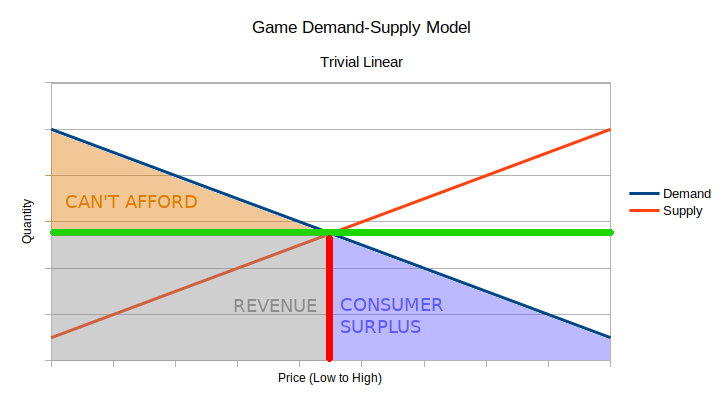
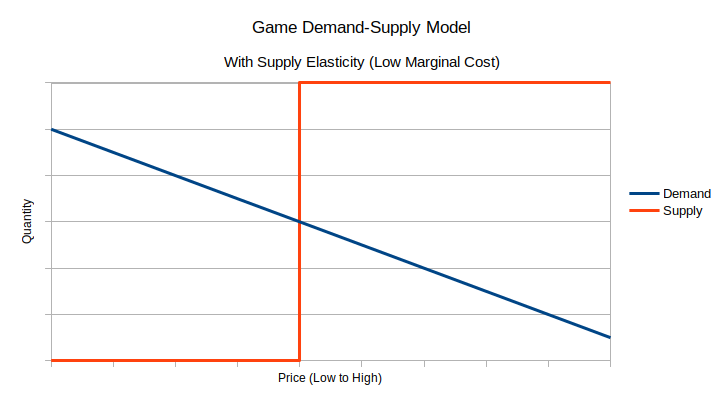
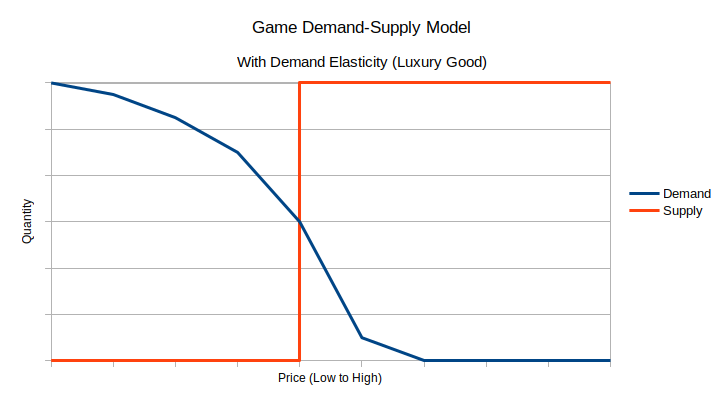
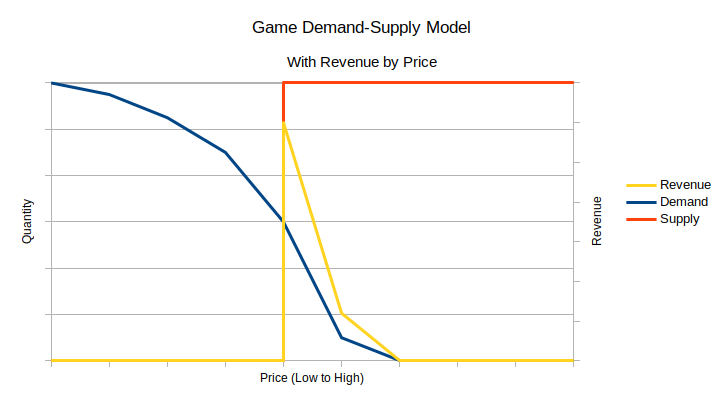
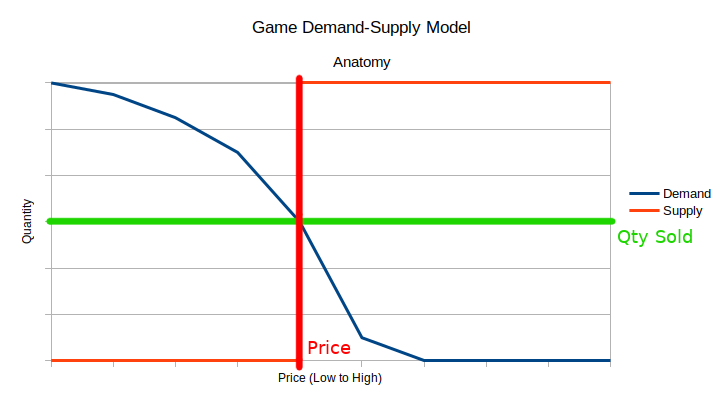
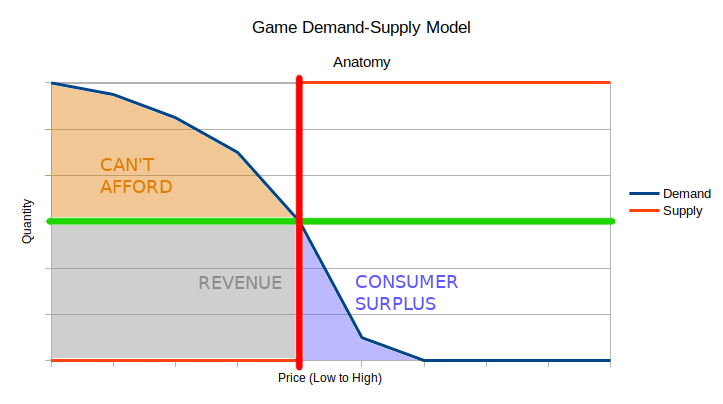
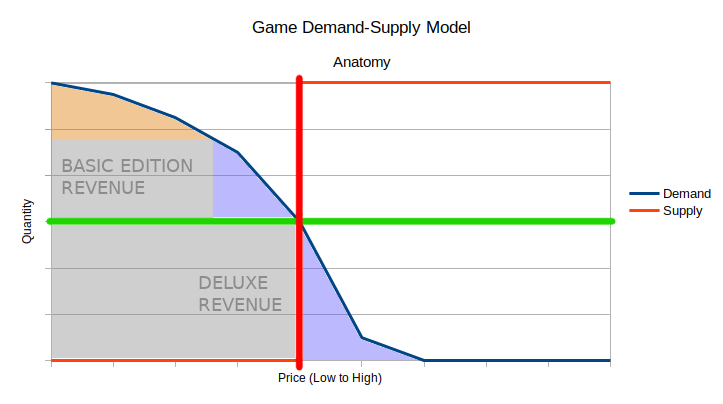
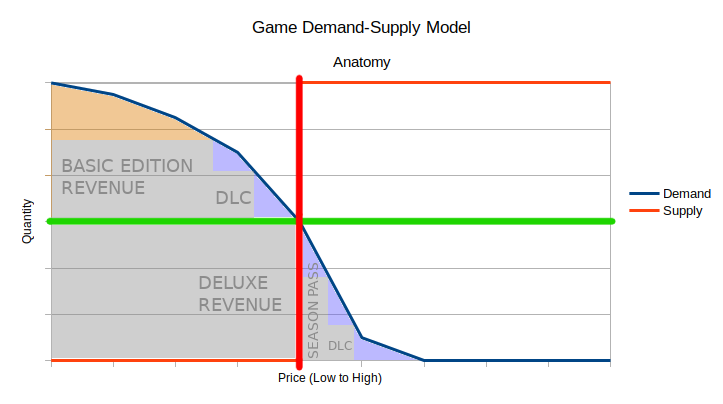
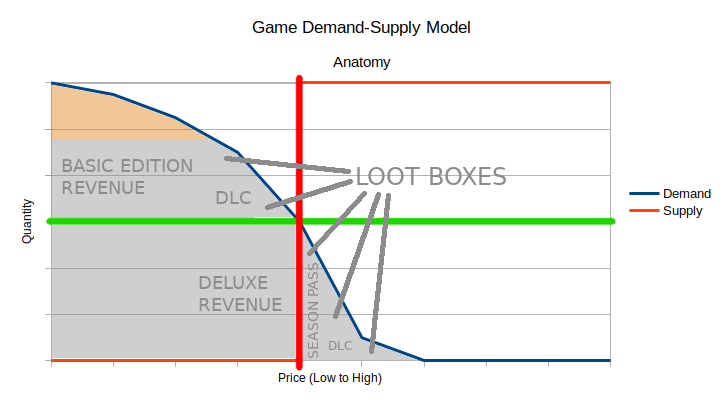
![https://i.pinimg.com/originals/3f/34/92/3f34920ffe731226fd6a501d24344355.jpg [https://i.pinimg.com/originals/3f/34/92/3f34920ffe731226fd6a501d24344355.jpg]](https://i.pinimg.com/originals/3f/34/92/3f34920ffe731226fd6a501d24344355.jpg)
